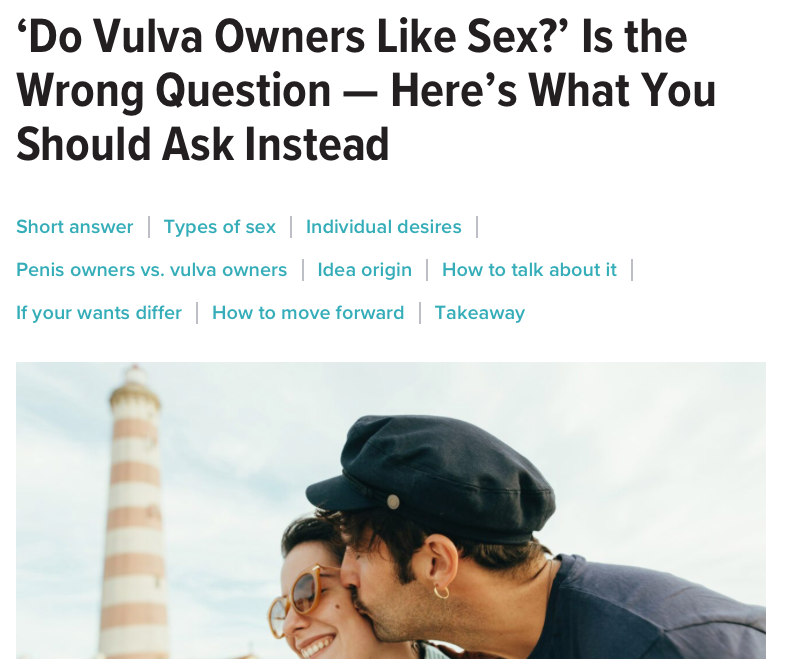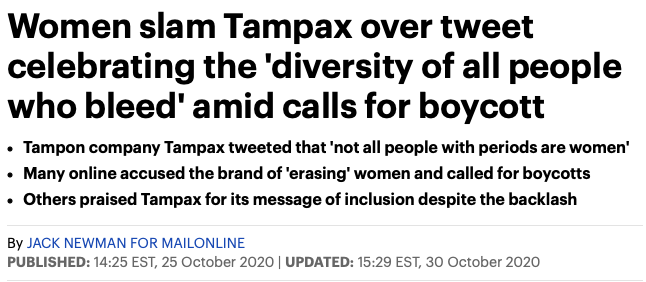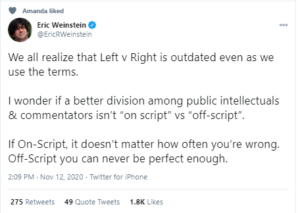Rediscovering Connection at your Local Park
The Internet is an amazing tool that offers us easy ways to connect with each other with very little effort. This magic technology also allows social media sites to pummel us with videos of people bullying each other and physically fighting each other in public places. The triggering "excuses" for these flare-ups are countless. It's often about masks, but many of these videos focus on the bizarre propensity of many people have to divide others into political and “racial” tribes.
In some of these videos people violently assault each other. I recently viewed a video of two families arguing on a store parking lot. Somebody apparently accidentally bumped somebody else, then the situation quickly and needlessly escalated to the point where guns were drawn. I cringe when I see this insanity. A couple of these disheartening videos show up on my feeds every week, posted by people whose motives are often unclear. Some of these videos involve police officers but the great majority do not. Often, every one of the people featured in the video is ill-behaved. Other videos involve unprovoked violence, however, and many of those incidents culminate in physical injuries to an innocent person. Watching too many of these videos plants a false intuition that we are watching typical human beings doing typical things.
Is there a silver lining to these displays of anger and violence? Is it important to sometimes document our human frailties and cruelties? Should we occasionally hold some of these videos up like mirrors to force ourselves to acknowledge the risk that our anger can dangerously escalate into brutality? Can we use some of these videos as teachable moments, showing what can happen when we fail to show restraint and kindness?
Even if there is such a silver lining, it can’t be healthy to watch a steady stream of these videos showing so many people being so shitty to each other. It seems to me that too much exposure to these videos numbs us to the pain and suffering of others. At some point, our in-group tendencies can completely anesthetize our empathy for "the other." Once we cross that line where we no longer care about the pain of others, these videos serve mostly as conflict pornography. For years, Hollywood has been peddling gratuitous violence as entertainment. Movie and TV studios too often stoop to the lowest level of profitable "entertainment." The proliferation of smartphone camera social media videos suggests that there’s no longer any need for Hollywood to continue paying highly trained writers substantial money to concoct their stylized ballets of violence.
In this age of COVID-19, many people are feeling trapped in their homes. Many of us are also transfixed to our screens on which we exposed to far too many videos of people acting badly. Slouching on the couch to watch strangers being mean to each other can’t be harmless. Aren’t these videos causing permanent social damage? And aren’t there better things to do with one's time?
Almost every day, I walk through glorious Tower Grove Park, near my home in St. Louis. On almost every walk I see people from many different demographic and ethnic groups. They show up in the park with their own styles of clothing, music, food, games and language, even now as the weather is turning colder. It is an especially beautiful thing to behold the families at play, parents and their little children.
[More . . .]
They show up in the park with their own styles of clothing, music, food, games and language, even now as the weather is turning colder. It is an especially beautiful thing to behold the families at play, parents and their little children.
[More . . .]



